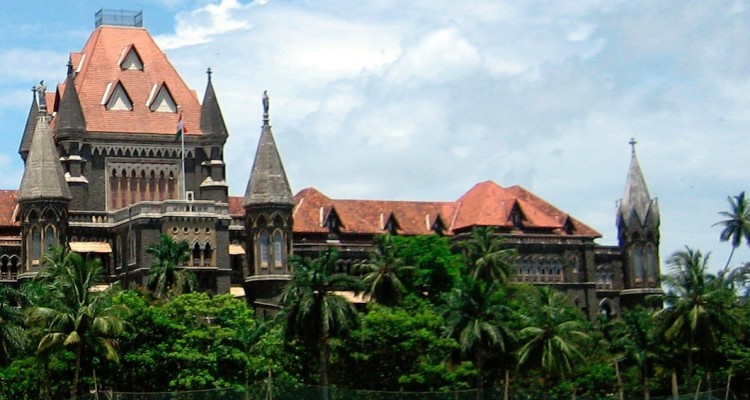The Bombay High Court in Mumbai, India told the Maharashtra state government on Friday to respond as to whether they plan to legalize casinos there. The court first asked the government for clarification in March after West Bengal National University of Juridical Sciences student and burgeoning webmaster and gambling law authority, Jay Sayta filed public interest litigation with the court. They directed the government on March 17th to provide an answer within four weeks. They have now given four more weeks to determine whether the Maharashtra Casinos (Control and Tax) Act of 1976 will be implemented.
According to Sayta’s research, the nearly 40 year old law actually legalizes casino gambling in the state. Currently only Goa and Sikkim states operate casinos legally. The act overrides provisions of the Bombay Prevention of Gambling Act enacted in 1887 that banned all gambling, except lotteries and horse races. The Goa, Daman and Diu Public Gambling Act of 1976 stated that casinos could be set up only at five star hotels or offshore vessels – overriding the total nation-wide ban in the same year that Maharashtra state presumably legalized casinos.
The 1976 act went so far as to authorize taxation of casino revenues at 25%, leaving no doubt that it was expected to be ratified at the time. However chaos in the Indian state during what is known as “the Emergency”, lasting from 1975 until 1977 may be to blame for the law being forgotten until unearthed by the law student. During “the Emergency”, then Prime Minister Indira Gandhi ruled the country by decree – suspending elections and curbing civil liberties. Many of her political opponents were imprisoned and press was censored. Legislative processes came to a standstill in many cases.
The fact that a humble student of law can move the High Court to direct a state government to clarify legislation after nearly four decades may bode well for the world’s largest democracy – regardless of the Maharashtra government’s response in this instance.


